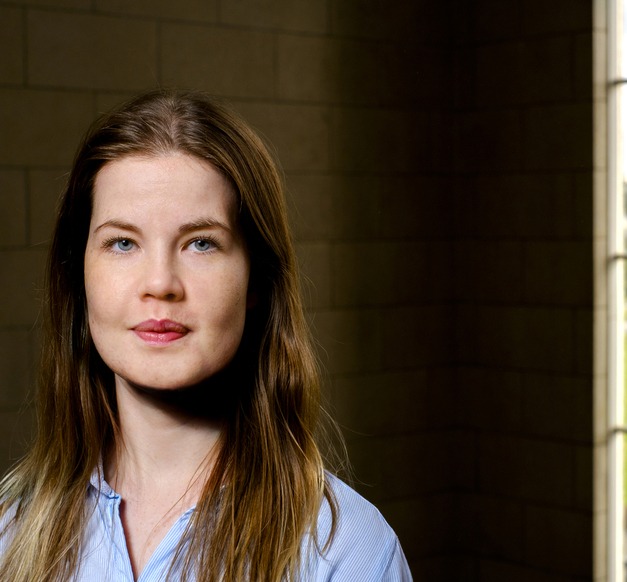
The inclusion of rotavirus vaccine in the national immunization schedule will reduce the disease burden on children and reduce cost in Iceland Rotavirus can cause severe diarrhoea and vomiting. This is reflected in the results of a recent study conducted by doctoral students and scientists at the University of Iceland, published in the Science journal Vaccine.
The article is part of Íris Kristinsdóttir's doctoral thesis in medicine at the University of Iceland's Faculty of Medicine on children's vaccination. Íris’s study addresses whether, and how the Icelandic childhood immunization schedule can be improved. The study is conducted under the supervision of Ásgeir Haraldsson, professor of paediatrics and chief physician at the Landspítali - National University Children's hospital. Other co-authors are, Tinna Laufey Ásgeirsdóttir, professor at the University of Iceland's Faculty of Economics, and Atrhur Löve, professor of medical microbiology and virology at the Faculty of Medicine.
Rotavirus is the most common virus causing acute gastroenteritis in young children; or infections that cause diarrhoea and vomiting. Rotavirus vaccine exists but is not included in the Icelandic childhood immunization schedule. The objective of this study was to assess the burden of rotavirus acute gastroenteritis in young children in Iceland and determine the potential benefit of adding rotavirus vaccine to the Icelandic childhood immunization schedule.
Rotavirus vaccinations have been adapted in several countries all around the world, such as Norway, Germany, and the United Kingdom, leading to fewer infections caused by the rotavirus as well as fewer visits to the ER and fewer hospitalisations.
Parents of all children under the age of six attending a children’s emergency ward for acute gastroenteritis at the Children’s Hospital in Reykjavík, Iceland were offered a place in the study. Stool samples were analysed for pathogens. Duration of symptoms, the age of the children, treatment given, and secondary household infections were among the collected information. The annual cost of the infections in young children was estimated based on health care expenditures and lost days of parental work.
325 children were included in the study, 75% of which were ≤ 24 months old. A pathogen was identified in 80% of cases, of which rotavirus was identified in 54%. Rotavirus caused a more severe disease than other pathogens, more often leading to fluid treatment in the emergency department and admissions. Median duration of rotavirus-illness was six days and caused a median of four days lost from work by parents. Furthermore, the study showed that the estimated annual cost of rotavirus acute gastroenteritis was €2.9 million, or almost 450 million Icelandic króna.
Íris points out that this is the first study of its kind in Iceland. "It shows that the burden of rotavirus disease in young children in Iceland is a considerable burden to them and their families. The inclusion of rotavirus vaccine in the national immunization schedule will reduce the disease burden and would be cost-saving in Iceland," says Íris.
The study in Vaccine can be found on the magazine's website.
The article is part of Íris Kristinsdóttir's doctoral thesis in medicine at the University of Iceland's Faculty of Medicine on children's vaccination. Íris’s study addresses whether, and how the Icelandic childhood immunization schedule can be improved. image/kristinn ingvarsson



